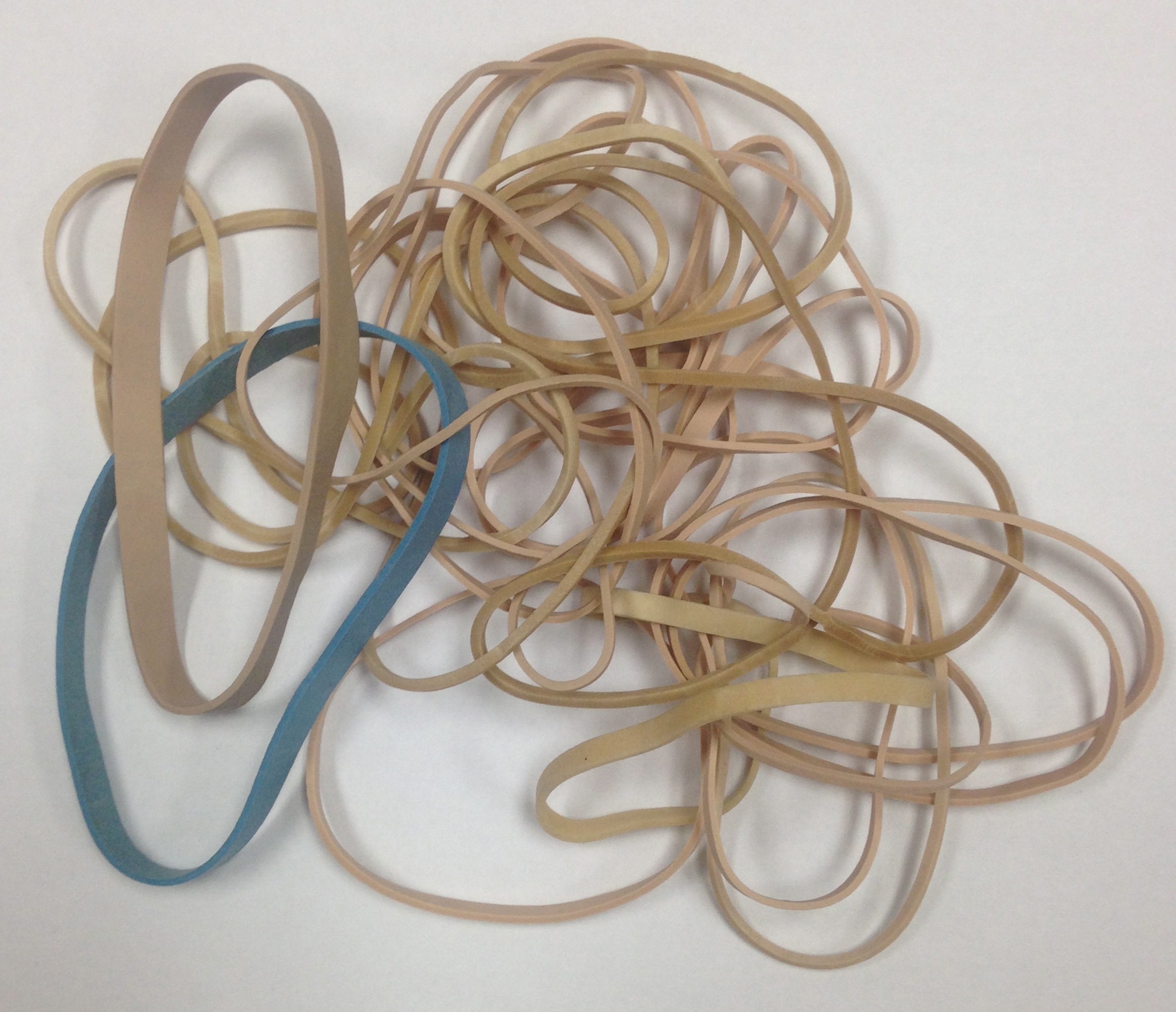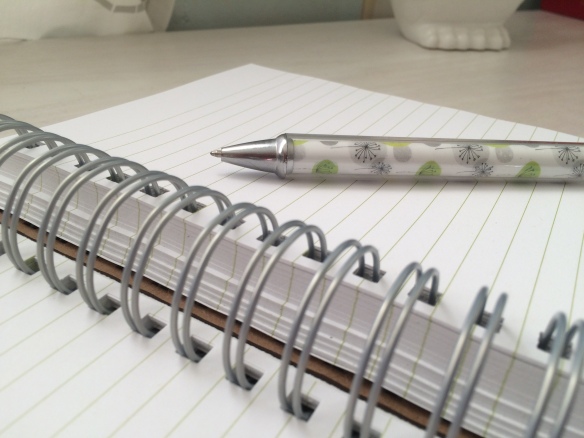 It may seem like a pipe dream, but I truly believe there are measures we can take to reduce the amount of stress in our lives. While we can’t always control what stresses us out, I’ve come to learn that exercising measures in what I like to call “stress prevention” can help me control my reaction to stressful events and stop fretting about the things that I cannot control. While I haven’t totally perfected my technique, here are some of the strategies I put into place to help me avoid stress:
It may seem like a pipe dream, but I truly believe there are measures we can take to reduce the amount of stress in our lives. While we can’t always control what stresses us out, I’ve come to learn that exercising measures in what I like to call “stress prevention” can help me control my reaction to stressful events and stop fretting about the things that I cannot control. While I haven’t totally perfected my technique, here are some of the strategies I put into place to help me avoid stress:- Don’t overcrowd your schedule. I know that if I schedule too much for myself in one day, I feel emotionally and physically exhausted. Just having blank space on your calendar can give you peace of mind. It also gives you contingency time should an emergency come up, or if a task takes longer than planned.
- Be realistic. I used to know someone who would schedule meetings but forget to schedule travel time in between and as a result ended up constantly running behind. Leaving blank space on your calendar isn’t just for visual stimulation. Think of it instead as your back-up plan.
- Learn how to say no. Once you become more realistic about your scheduling capabilities (see number 2) you have to exercise your right to refuse work that interferes with your schedule, is outside of your job description, or beyond your capabilities.
- Learn when compromise is appropriate. One of the keys to dealing with stress is having the right attitude when approached with projects that are less than desirable. Be willing to do what needs to be done but make sure you take steps to ensure that your needs are met as well.
- Be okay with enough. As much as you may like to give 110% to everything you take on there will be times where it is not worth the effort, the time or the money. If perfectionism is causing you to fall behind, miss deadlines or prevents projects from moving forward, it may be time to learn when to walk away.
- Be loyal to yourself. In order to keep on top of my projects and administrative tasks I schedule a weekly review. Keeping that appointment with myself is such a high priority for me that I plan my schedule around it. Recognize the best practices for your lifestyle and stick to them.
- Know that you can handle it. Most of the anxieties that we have are rooted in the lack of faith we have in ourselves to manage the things that are thrown our way. It may so corny, but if you believe in your ability to handle any situation with grace and confidence it will greatly reduce any anticipation or dread you feel about a problem or upcoming event.
- Accept the things you cannot control. This may be the hardest rule to swallow, but at some point in time you really will have to face the facts: there will be times where you cannot prepare and the only thing you can do is take care of yourself and manage as best you can. (A sense of humour helps too!)

In this day and age we place so many demands ourselves that sometimes even going about our day-to-day lives is exhausting. As a person who likes to keep busy, I find myself struggling to stay balanced. You can follow my journey here, or click here or here to find more ways to streamline your life to keep it simple.
What are some of the ways that you stay balanced? Give us your advice below, or email your strategies to keepingbusywithb@gmail.com.





 Get Organized:
Get Organized:




 Do you have any solutions or advice for students going back to school? Maybe you can offer the perspective of a parent or a teacher. Leave a comment below and share with the class, or email me at keepingbusyb@gmail.com. I may include your tips in a future post!
Do you have any solutions or advice for students going back to school? Maybe you can offer the perspective of a parent or a teacher. Leave a comment below and share with the class, or email me at keepingbusyb@gmail.com. I may include your tips in a future post!
 A little while ago I published a
A little while ago I published a  Once in awhile, you will find yourself in a tangle.
Once in awhile, you will find yourself in a tangle.